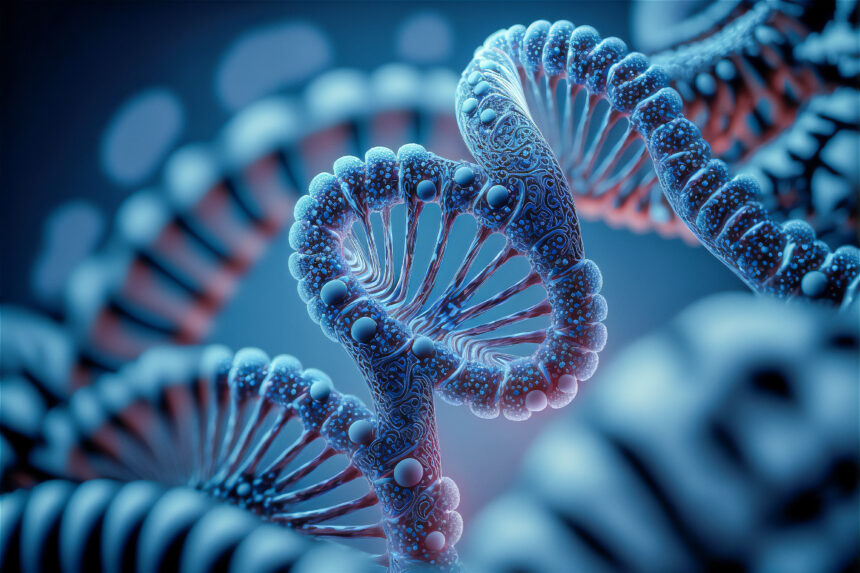Image by Freepik
The human body is an intricate, complex network of interconnected systems, each with its unique function. Among these systems, the endocrine system plays an integral role in regulating the body’s physiological processes through the release of hormones. These hormones, acting as the body’s chemical messengers, govern numerous biological processes, from growth and development to metabolism, reproduction, and mood regulation.
The Importance of Hormones
Hormones are the body’s chemical messengers, released into the bloodstream to act on an organ in another part of the body. They control or regulate many biological processes, such as growth and development, metabolism, electrolyte composition of bodily fluids, reproduction, sleep-wake cycle, and mood. Hormones work slowly, over time, and affect many different processes. They influence the metabolism, growth, and many other functions. Some hormones affect almost all cells in your body. Others only target a small number of cells in specific organs.
The Intricate Mechanisms of Hormones
Several classes of hormones exist, including steroids, amino acid derivatives, and polypeptides and proteins. These hormone classes differ in their general molecular structures, such as size and chemical properties. As a result of the structural differences, their mechanisms of action also differ. Steroids, which are produced by the gonads and part of the adrenal gland, have a molecular structure similar to that of cholesterol. The molecules can enter their target cells and interact with receptors in the fluid that fills the cell or inside the cell nucleus. The interaction between the hormone and its receptor triggers a cascade of biochemical reactions in the target cell that eventually modifies the cell’s function or activity.
The Endocrine System and Its Glands
The endocrine system, a network of glands scattered throughout the body, is the powerhouse of hormone production. Each gland in this system has a specific function, producing one or more hormones that interact with target cells in various ways.
Hypothalamus
The hypothalamus, located in the lower central part of the brain, acts as a bridge between the endocrine and nervous systems. It secretes several hormones that control the pituitary gland, thereby influencing the release of pituitary hormones. The hypothalamus is also responsible for gathering information sensed by the brain and sending it to the pituitary gland, which influences the hormones that the pituitary makes and releases.
Pituitary Gland
Referred to as the “master gland,” the pituitary gland is a pea-sized gland located at the base of the brain. Despite its small size, it plays a significant role in the endocrine system as the hormones it releases control many other endocrine glands.
Thyroid Gland
The thyroid gland, situated in the front part of the lower neck, is integral to the healthy development and maturation of vertebrates and regulates metabolism. This gland secretes several hormones, including thyroxine and triiodothyronine, which control the rate at which cells burn fuels from food to make energy.
Adrenal Glands
The adrenal glands, small, triangular organs located on top of each kidney, are composed of two distinct parts: the cortex and the medulla. These glands produce hormones in response to stress and regulate blood pressure, glucose metabolism, and the body’s salt and water balance.
Pancreas
The pancreas, an organ in the back of the abdomen, is part of both the endocrine and digestive systems. It produces hormones, such as insulin and glucagon, which help regulate the concentration of glucose in the blood.
Gonads
The male and female reproductive gonads, the testes and ovaries respectively, produce steroids that affect growth and development and also regulate reproductive cycles and behaviors.
Regulating Hormone Activity
Regulating hormone production and secretion is paramount in maintaining the body’s homeostasis and responding to changes in the environment. To achieve this control, many bodily functions are regulated not by a single hormone but by several hormones that regulate each other.
Maintaining a Healthy Endocrine System
Maintaining a healthy endocrine system is essential for the body’s overall health and well-being. Regular exercise, a nutritious diet, regular medical checkups, and discussing any supplements or herbal treatments with a healthcare provider can help keep the endocrine system in optimal condition.


